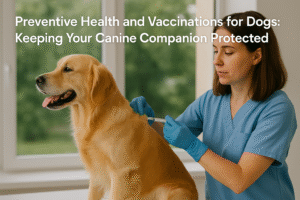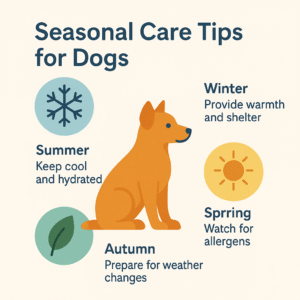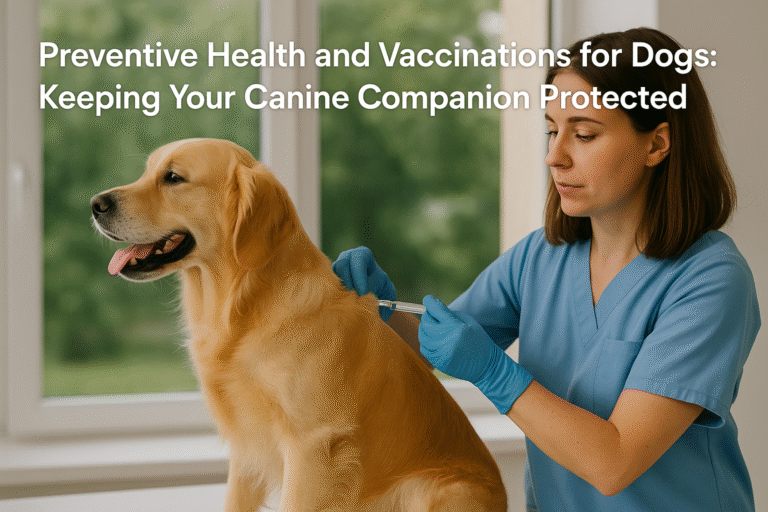Why Preventive Care Matters for Your Cat’s Health
Cats are masters of hiding illness, and by the time they show symptoms, problems may be advanced. Preventive care ensures your feline friend stays healthy, avoids painful diseases, and enjoys a long, happy life.
A cornerstone of preventive care is vaccination. Vaccines teach the immune system to recognize and neutralize specific viruses and bacteria before they cause illness. According to veterinary guidelines, modern vaccines expose your cat to harmless parts of a pathogen so the body develops protective antibodies and memory cells. When your cat later encounters the real germ, its immune system responds quickly and prevents disease.
Understanding Core and Non-Core Vaccines
Vaccines are categorized as core (recommended for all cats) and non-core (administered based on lifestyle and risk). Core vaccines include feline panleukopenia (a parvovirus that causes vomiting, diarrhea and often death), feline herpesvirus-1 and calicivirus (major causes of upper respiratory infections), feline leukemia virus in kittens, and rabies. Rabies vaccines are legally required in many regions because rabies is always fatal and can be transmitted to humans. Non-core vaccines include Bordetella bronchiseptica, Chlamydia felis and feline leukemia for adult cats; your veterinarian will recommend them if your cat goes outdoors, lives in a multi-cat household or frequents boarding facilities.
Kittens have immature immune systems, so they need a series of vaccinations to build immunity. Typically, the first shots are given at six to eight weeks of age, then boosters are repeated every three to four weeks until around sixteen weeks. This ensures maternal antibodies from the mother’s milk don’t interfere with vaccine effectiveness. A rabies shot is usually given at twelve to sixteen weeks, depending on local laws. After this initial series, your kitten will receive booster shots one year later to maintain immunity.
Adult cats continue to need vaccinations throughout their lives. Core vaccines such as rabies and the combination FVRCP (feline viral rhinotracheitis, calicivirus and panleukopenia) are generally boosted every three years, though some veterinarians still recommend annual boosters depending on the vaccine brand and your cat’s risk factors. Non-core vaccines are given annually if the risk is ongoing. Elderly cats with chronic illnesses may have modified vaccine schedules. Speak with your veterinarian about the best plan for your cat’s age and lifestyle.
Beyond Vaccines: Regular Exams and Parasite Control
Vaccinations are just one part of preventive health. Regular wellness exams help your veterinarian detect early signs of disease. Physical exams, weight checks, dental evaluations and baseline blood tests can reveal problems like dental disease, kidney disease, diabetes or hyperthyroidism before symptoms become apparent. Cats over seven years old benefit from semiannual exams and lab tests because aging bodies change quickly.
Parasite prevention is another critical component. Outdoor cats and those living with other pets can be exposed to fleas, ticks, ear mites and intestinal worms. Parasites cause itching, skin infections, anemia, vomiting, diarrhea and can even transmit diseases to humans. Use veterinarian-recommended monthly flea and tick preventives year-round, and administer regular deworming medication based on stool test results. In heartworm-endemic areas, talk to your vet about monthly heartworm prevention for cats.
Building a Complete Preventive Care Plan at Home
A complete preventive health plan also includes spaying or neutering, proper nutrition, dental care and mental stimulation. Feeding a balanced diet appropriate for your cat’s life stage supports the immune system, maintains a healthy weight and provides essential vitamins and minerals. Brushing your cat’s teeth regularly and scheduling professional dental cleanings prevent periodontal disease and tooth loss, which are extremely common in cats over four years old. Enrich your cat’s environment with toys, scratching posts and perches to keep their mind engaged and reduce stress.
Owners sometimes worry that vaccines are unnecessary or harmful. In reality, the diseases vaccines prevent – like panleukopenia, feline leukemia and rabies – are much more dangerous than the vaccines themselves. Adverse reactions are rare and usually mild. Skipping vaccinations not only puts your cat at risk but can also endanger other animals and humans. Work closely with your veterinarian to tailor a vaccine schedule that maximizes protection while minimizing unnecessary injections.
Preventive care is an ongoing partnership between you and your veterinarian. Keep accurate records of your cat’s vaccines, deworming and health screenings. Monitor your cat at home for changes in appetite, drinking, litter box habits, coat quality and behavior. Provide a safe indoor environment and supervise any outdoor access with a harness or enclosure. With proactive care, you’ll catch health problems early and give your feline companion the best chance at a long, healthy life.
If you have any questions about vaccines, parasite prevention or scheduling a wellness exam for your cat, our team is here to help. Contact us today to discuss a preventive care plan tailored to your feline friend’s needs.













